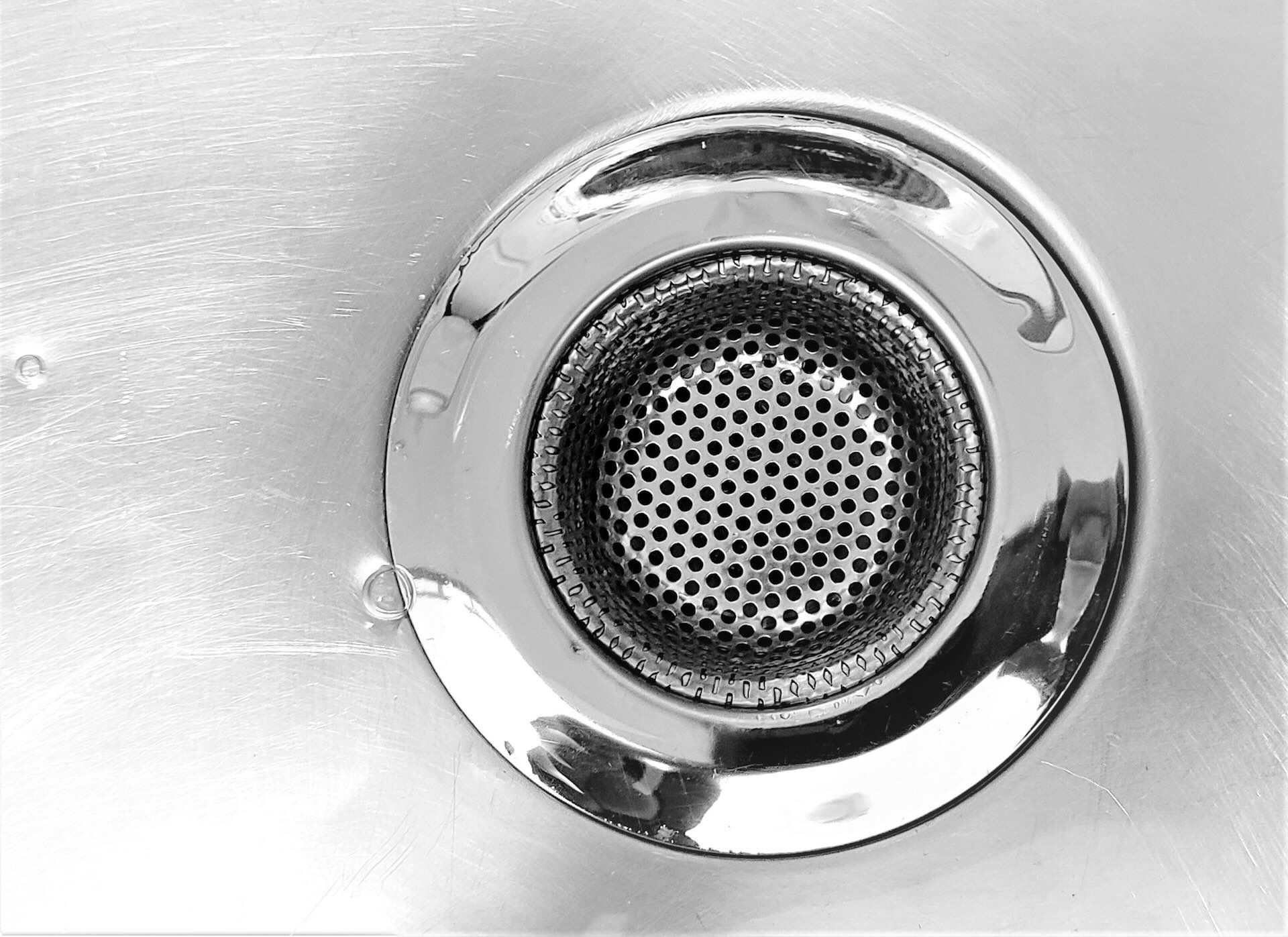When pipes become blocked in a condominium, landlords and tenants alike ask themselves the question: Who will cover the costs of cleaning a pipe in the rental property? Here's your answer.
Don’t panic if your pipes are blocked in your house: the maintenance obligation regulatesLink to this section
The removal of a blocked drain and the resulting costs for drain cleaning are the responsibility of the landlord. Only in exceptional cases are tenants required to bear the costs of drain cleaning.
In any case, a pipe blockage in an apartment building and the associated clearing of it is initially a rather unpleasant matter. Ultimately, the blockage can lead to further problems such as unpleasant odors and flooding – both in the shower and, in particular, the toilet.
Many tenants then resort to household remedies to tackle the drains as quickly as possible. Natural drain cleaners such as baking soda and vinegar, as well as hot water, are said to be effective. For toilets, a plunger is used. If these measures don't produce the desired results, professional drain cleaning must be carried out – this is the responsibility of the landlord and is part of their maintenance obligations.
The maintenance obligation in case of pipe blockageLink to this section
According to Section 535, Paragraph 1, Sentence 2 of the German Civil Code (BGB), the landlord is obligated to maintain the leased property in a condition suitable for contractual use during the tenancy. This includes removing any blocked pipes. This landlord's obligation applies regardless of who caused the blockage.
Reimbursement of costs in case of fault of the tenant
If the tenant is at fault for the pipe blockage, the landlord is obligated to remove the blockage but can claim the costs of removal from the tenant as compensation.
Tenants are considered responsible for blocked drains in the following cases:
Hygiene products such as sanitary pads and baby diapers in the sewer pipeLarge amounts of toilet paper in the toiletLarge amounts of grease in the sewer pipeLarge amounts of food waste in the sewer pipe
Blockages caused by limescale deposits or hair in the drain are generally not the responsibility of the tenant. In such cases, they are not required to bear the costs of drain cleaning. If the tenant attempts to clear the blockage themselves and causes damage in the process, they are responsible for the costs.
If the person responsible cannot be identified, the landlord must cover the cost of drain cleaning. Since these are repair costs, the costs cannot be passed on to the tenants.
How much does drain cleaning cost?Link to this section
The cost of drain cleaning depends on various factors such as the complexity of the blockage, the length and diameter of the pipes, as well as the tools and time required to clear the blockage.
In general, the price range for professional drain cleaning is between 50 and 500 euros.
The role of private property and common property in drain cleaningLink to this section
Typically, the homeowners association is responsible for the maintenance and repair of shared pipes, including sewer pipes. Therefore, it is their responsibility to ensure that the pipes are free of blockages to ensure normal drainage.
So why do landlords have to pay for drain cleaning for sinks, showers, toilets, etc. – and not the entire homeowners association?
If a pipe is blocked in a Homeowners association (WEG) is the question whether it is a special or joint property This is crucial for jurisdiction and cost coverage. The distinction between private property and shared property provides you with an answer.
The special property according to the Condominium Act (WEG)
According to Section 3 Paragraph 1 of the German Condominium Act (WEG), special property is the ownership of a specific apartment or of specific rooms not used for residential purposes on a property that has been built or is still to be built.
The common property according to the Condominium Act (WEG)
Paragraph 2 of Section 5 of the Condominium Act (WEG) defines common property as the parts of the building, such as systems and facilities, that are for the common use of the condominium owners.
The pipes in the WEG:special property or Community property?
The following distinction applies to pipes within a WEG:
special property: Pipelines within the apartment up to the connection to the collecting pipe for the building community.joint property: The remaining part of the pipe, including the manifold.
This results in the following responsibility in the event of a pipe blockage:
special property: Blockage in the area of the pipe within the apartment = responsibility and cost bearing by the apartment owner (§ 13 WEG).joint property: Blockage in the area of the collecting pipe or outside the apartment = responsibility and assumption of costs by the WEG.
In principle, the owner is responsible for damage and blockage of pipes located within the apartment (= private property). Declaration of division If a different rule is specified, this rule shall apply.
Tip: Since the exact location of a blockage is usually not immediately apparent, you as the owner should contact your property management immediately to work together to find a solution.
Do you already know Ralph?
As a property management company, we take care of finding suitable service providers for various necessary work in your building—be it a blocked pipe or any maintenance work. We have a broad network of reliable partners in the areas of trades, cleaning, gardening, and more.
Would you like to join Ralph? Then get to know Ralph and apply now a free offer We look forward to seeing you!
